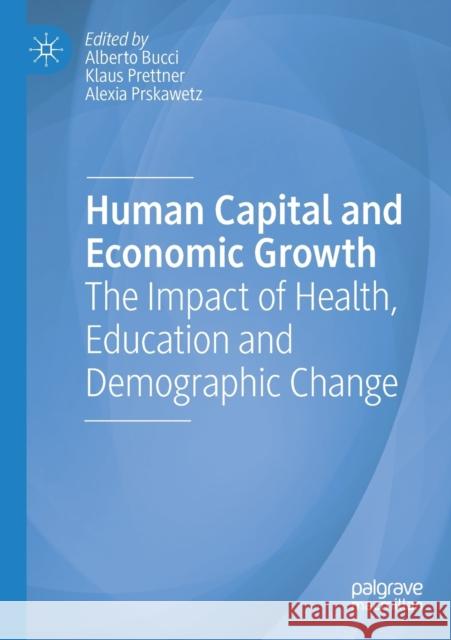Human Capital and Economic Growth: The Impact of Health, Education and Demographic Change » książka
topmenu
Human Capital and Economic Growth: The Impact of Health, Education and Demographic Change
ISBN-13: 9783030216016 / Angielski / Miękka / 2021 / 361 str.
Human Capital and Economic Growth: The Impact of Health, Education and Demographic Change
ISBN-13: 9783030216016 / Angielski / Miękka / 2021 / 361 str.
cena 602,40
(netto: 573,71 VAT: 5%)
Najniższa cena z 30 dni: 539,74
(netto: 573,71 VAT: 5%)
Najniższa cena z 30 dni: 539,74
Termin realizacji zamówienia:
ok. 22 dni roboczych
Dostawa w 2026 r.
ok. 22 dni roboczych
Dostawa w 2026 r.
Darmowa dostawa!
Kategorie:
Kategorie BISAC:
Wydawca:
Palgrave MacMillan
Język:
Angielski
ISBN-13:
9783030216016
Rok wydania:
2021
Wydanie:
2019
Ilość stron:
361
Waga:
0.47 kg
Wymiary:
21.01 x 14.81 x 2.06
Oprawa:
Miękka
Wolumenów:
01
Dodatkowe informacje:
Wydanie ilustrowane











